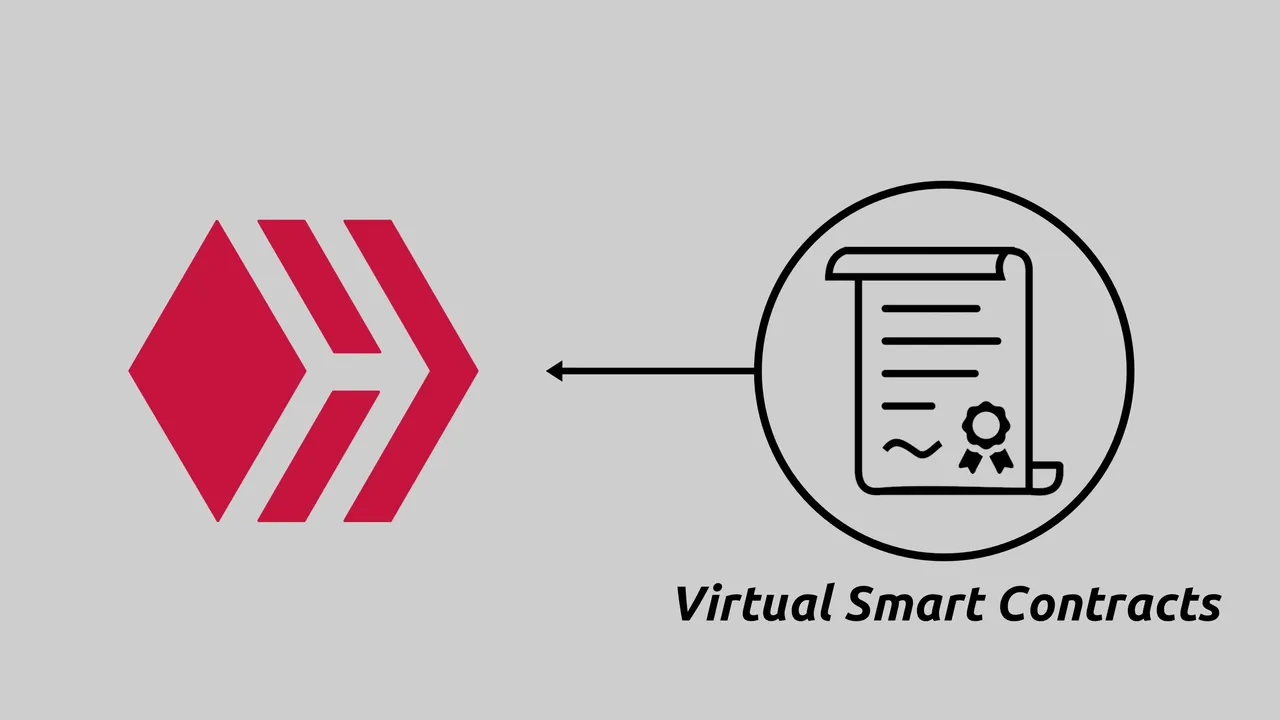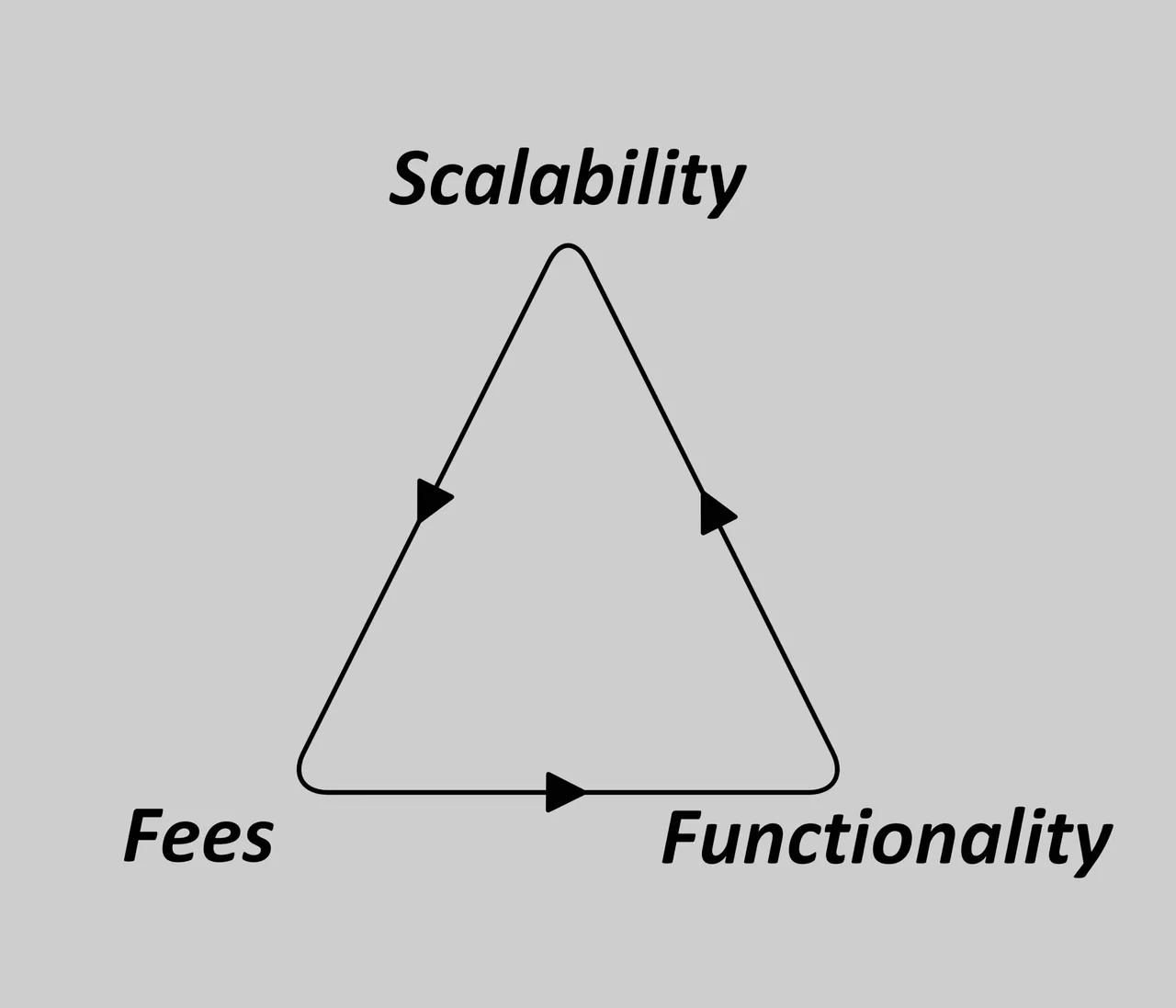As the world continues to evolve, technology has become an indispensable part of our daily lives. One of the most significant advances in technology in recent years has been the development of smart contracts. Smart contracts are self-executing contracts that are designed to enforce the terms of an agreement between two or more parties. These contracts are coded in a programming language and are stored on a decentralized blockchain network.
Smart contracts have become increasingly popular in recent years due to their ability to automate complex processes and reduce the need for intermediaries. In this article, we will take a look at some real-world examples of how smart contracts have been implemented.

Real Estate
The one industry that has seen significant benefits from the implementation of smart contracts. Smart contracts can be used to automate the process of buying and selling property, reducing the need for intermediaries such as real estate agents and lawyers.
For example, Propy, a blockchain-based real estate platform, uses smart contracts to streamline the process of buying and selling property. The smart contract is programmed to automatically transfer ownership of the property from the seller to the buyer once the agreed-upon conditions have been met. This eliminates the need for intermediaries and reduces the time and cost associated with the traditional real estate process.
Insurance
The insurance industry is another sector that has seen significant benefits from the implementation of smart contracts. Smart contracts can be used to automate the claims process, reducing the time and cost associated with traditional insurance claims.
For example, AXA, a leading insurance company, is using smart contracts to automate the claims process for flight delays. The smart contract is programmed to automatically pay out compensation to customers if their flight is delayed for a specified amount of time. This eliminates the need for customers to file a claim and wait for it to be processed by an insurance adjuster.
Voting
Smart contracts can also be used to streamline the voting process, making it more secure and transparent. Smart contracts can be used to ensure that votes are counted accurately and that the results are transparent and tamper-proof.
For example, Horizon State, a blockchain-based voting platform, uses smart contracts to ensure the accuracy and transparency of the voting process. The smart contract is programmed to ensure that only eligible voters can participate in the election and that each vote is counted accurately. This eliminates the need for intermediaries and reduces the risk of fraud and corruption in the voting process.
Gaming
Smart contracts can also be used to create decentralized gaming platforms that are transparent and fair. Smart contracts can be used to ensure that the game rules are followed and that the outcome of the game is determined fairly.
For example, CryptoKitties, a blockchain-based game, uses smart contracts to create and trade digital cats. The smart contract is programmed to ensure that each cat is unique and that the ownership of the cat can be transferred securely and transparently. This eliminates the need for intermediaries and reduces the risk of fraud and manipulation in the game.
Splinterlands and Axie Infinity are also prime, yet repetitive, example of this category as well. The reason I say they are repetitive is because their core features are the same across the board: With the blockchain and smart contracts underlying them, create a bunch of assets with varying commonality and rarity, with the rarest being the hardest to obtain, and the commonest the easiest and, therefore, cheapest in the trade economy the game itself fosters through this simple concept. And how do you obtain those assets? Through completely randomized 'battles' that you have no hand in changing the fate of.
In other words, its extremely reliant on factors outside the player's control. This is why I'm not fond of this category. But nonetheless, its a genuine implementation of smart contracts that is apparently working out for a lot of people on hive.
How Hive Could lead
Virtual Smart Contracts (VSCs) are going to be a big factor when it comes to the adoption of Hive. currently, the triage of scalability-fees-functionality is difficult to achieve. Binance's chain is the closest thing that came to achieve that triage, but centralization within that chain is concerning enough for me to avoid it using it full-time.
Ethereum is another popular chain that has a ton of great functionality and scalability, but its fees are atrocious, and anyone looking to participate in that chain is gonna be out a lot of money in the form of transaction fees. It's gated to the dolphins and whales, not to the masses.
Bitcoin can't even compete. Its functionality is on par with the stone age, fees are scalding and scalability is nigh impossible.
It's basically a love triangle. Choose two, desert the third.

But it doesn't have to be this way. When VSCs drop, Hive would have achieved all of these things and more. The possibilities of what you could do with it are endless, and they stretch over a really large spectrum. You could organize a simple escrow contract between a buyer and a seller, or you could build an entire bank that has all the fundamental financial instruments. Sky's the limit.
It's going to be open to the masses. Hive's fees are extremely forgiving, scalability isn't an issue (AFAIK, as I haven't been able to look for any articles stress-testing the chain, besides some impressive numbers showing we aren't really gonna hit the roof any time soon), and developing accessibility is extremely accessible and versatile, not confined to a certain coding language.
Conclusion
In conclusion, smart contracts are a powerful tool that can be used to automate complex processes and reduce the need for intermediaries. As we have seen in the real-world examples above, smart contracts have the potential to revolutionize industries such as supply chain management, real estate, insurance, voting, and gaming.
As more companies and organizations adopt blockchain technology and smart contracts, we can expect to see even more innovative use cases for this powerful technology. Smart contracts have the potential to create a more transparent, secure, and efficient world, and it will be exciting to see how they continue to be implemented in the future.